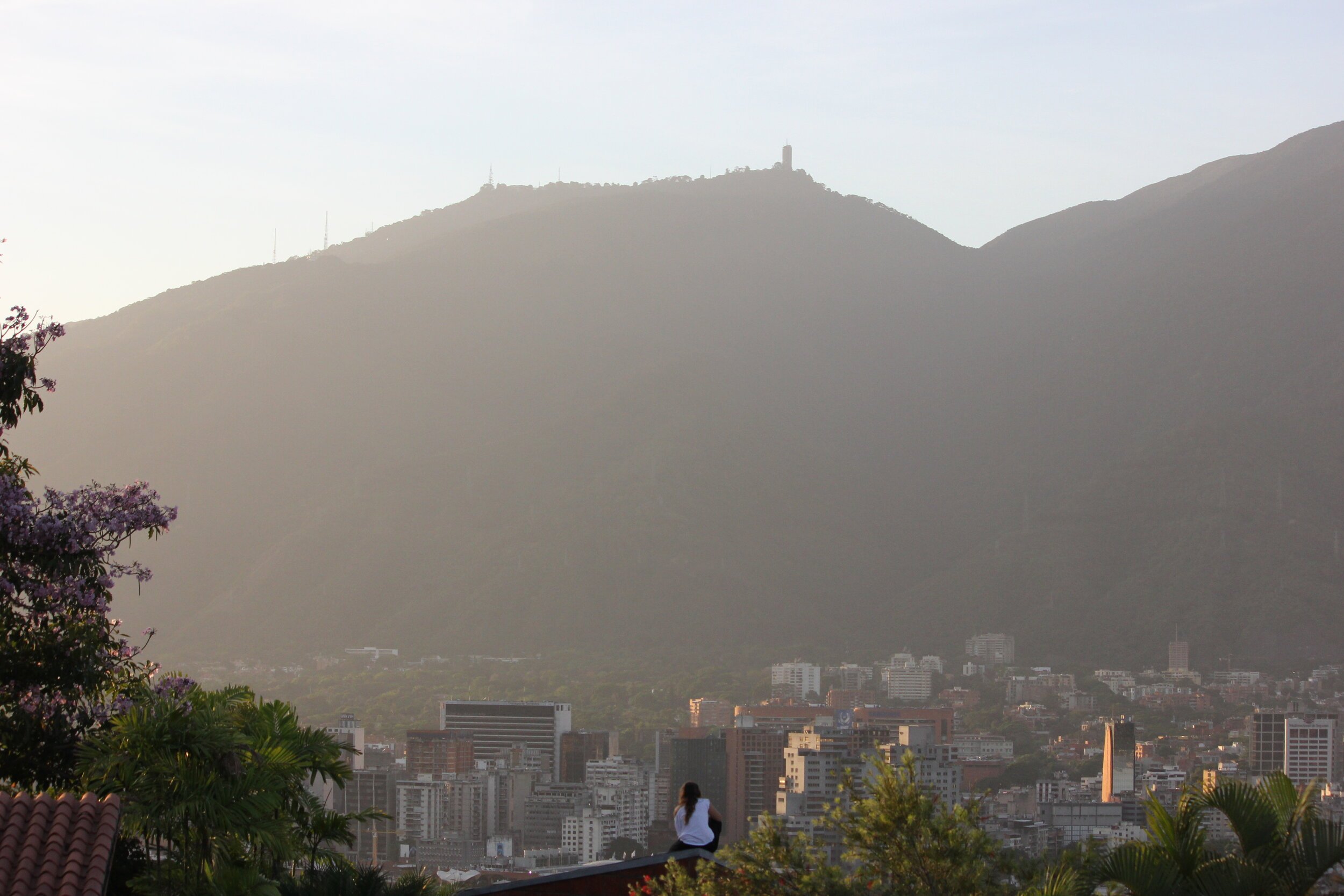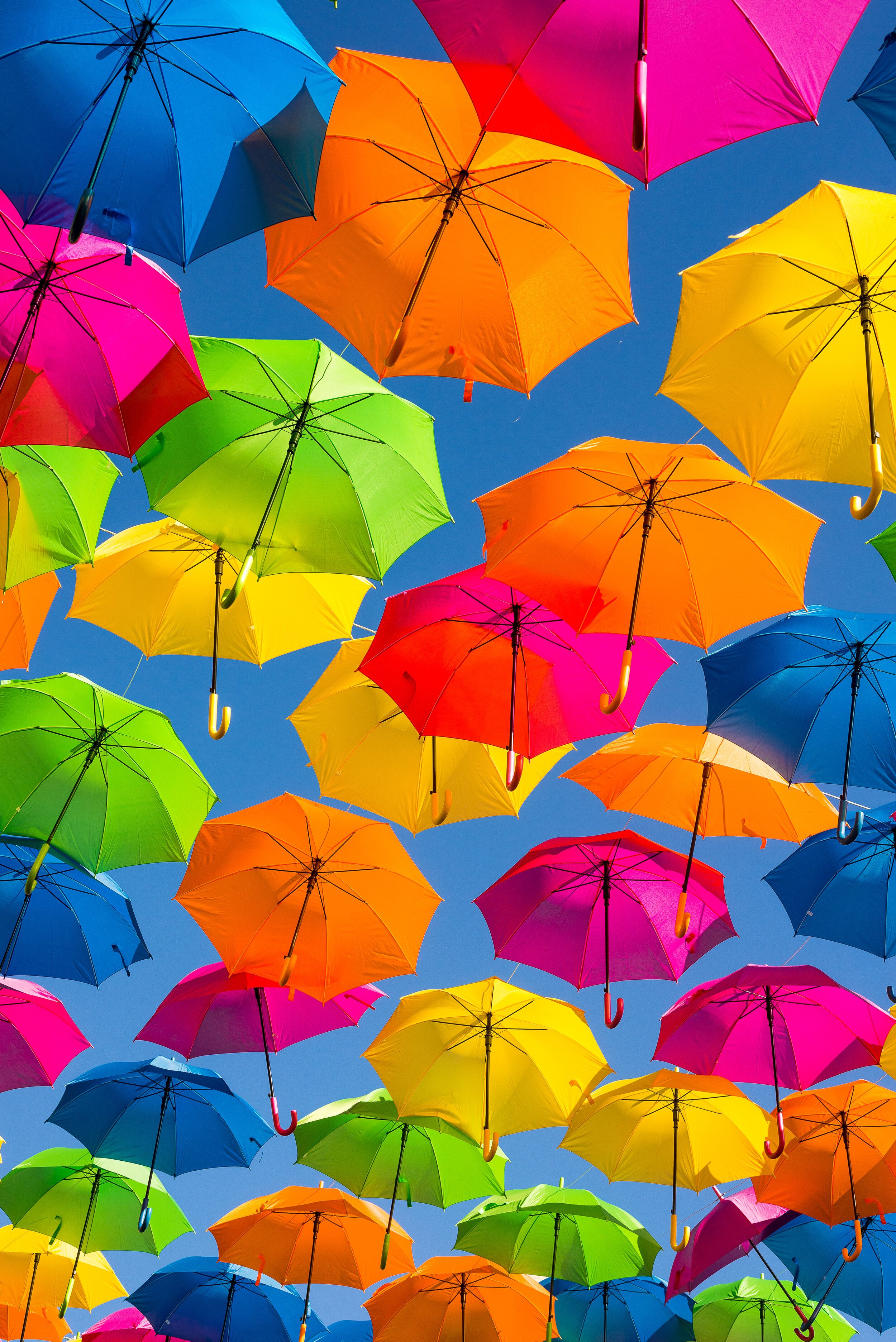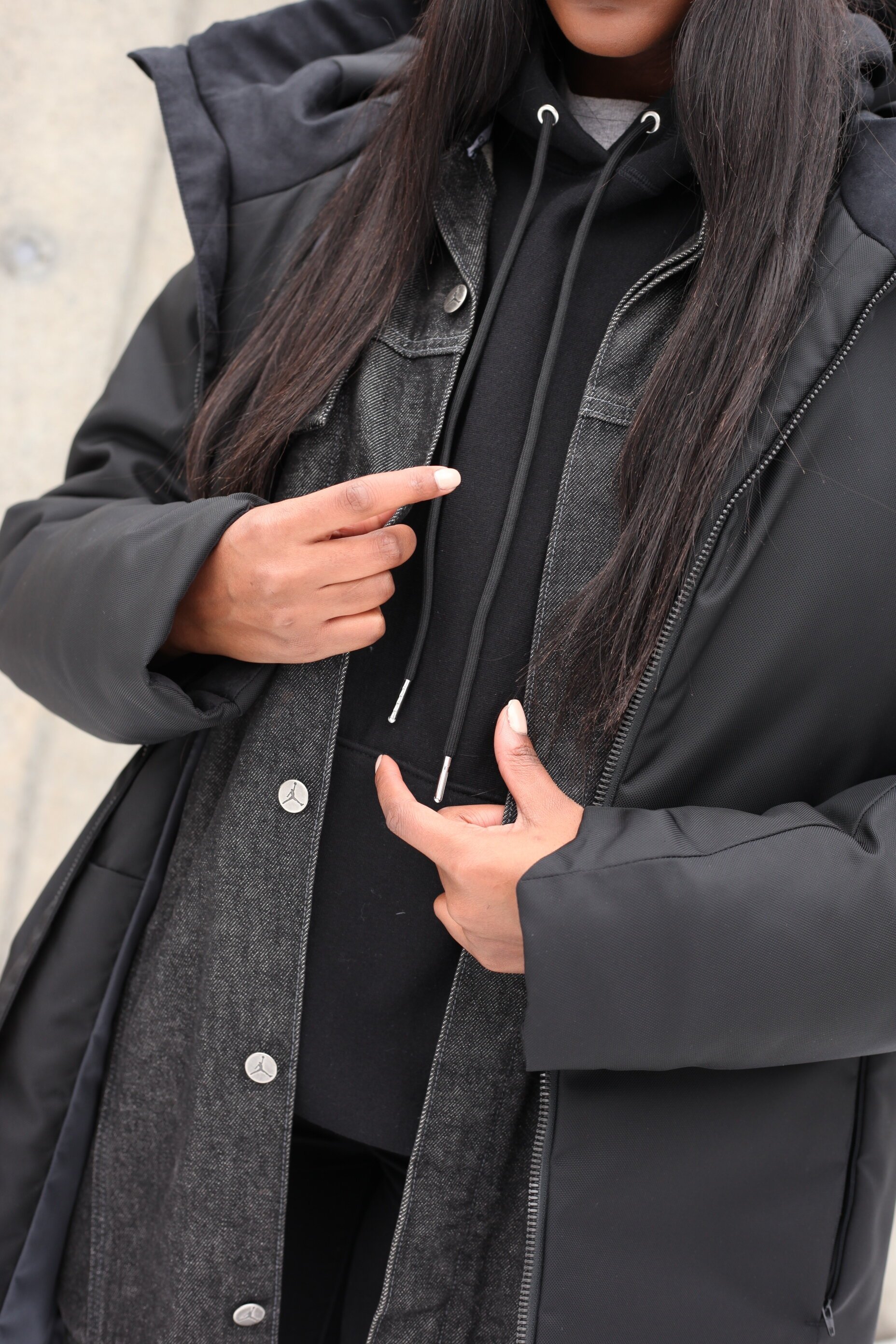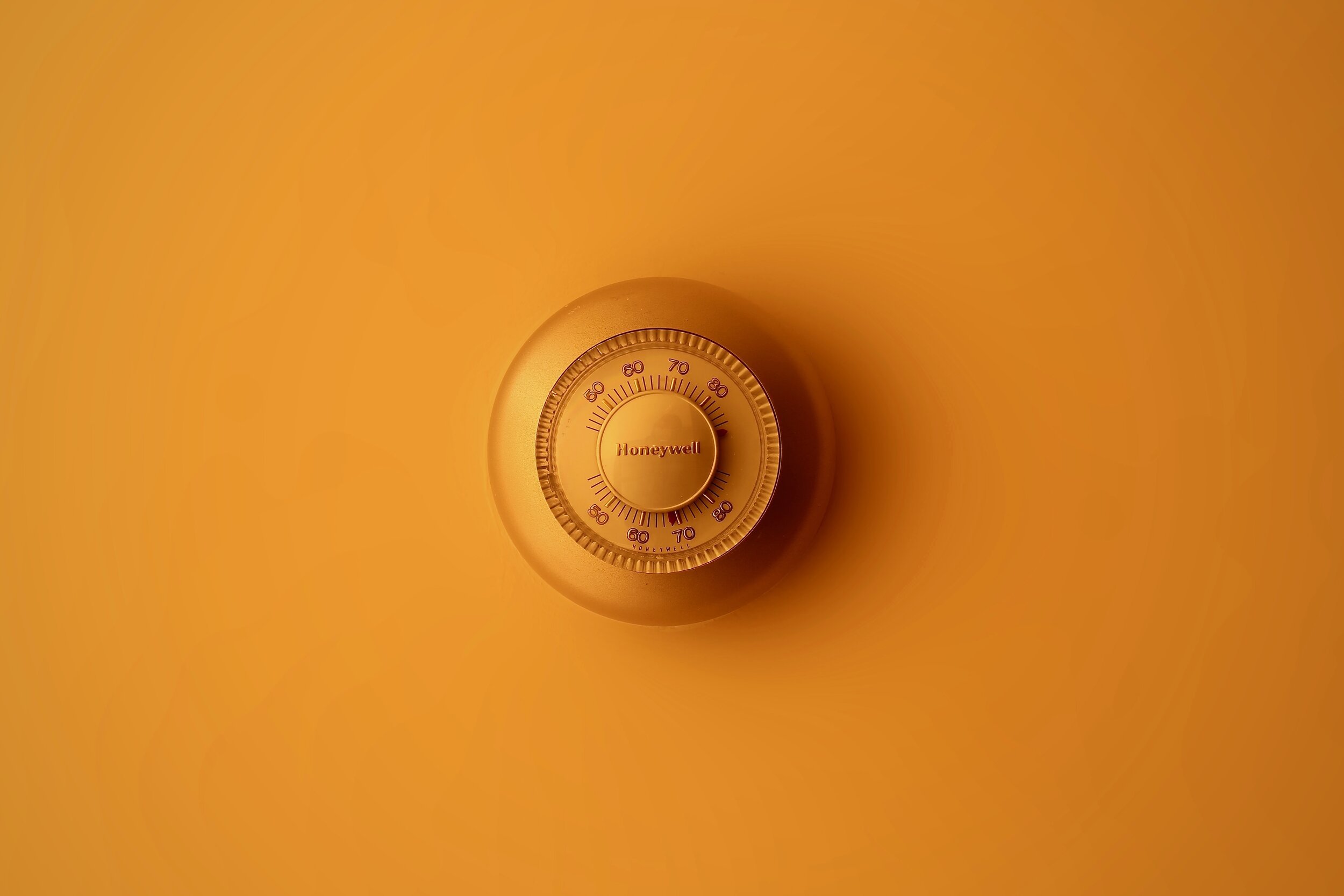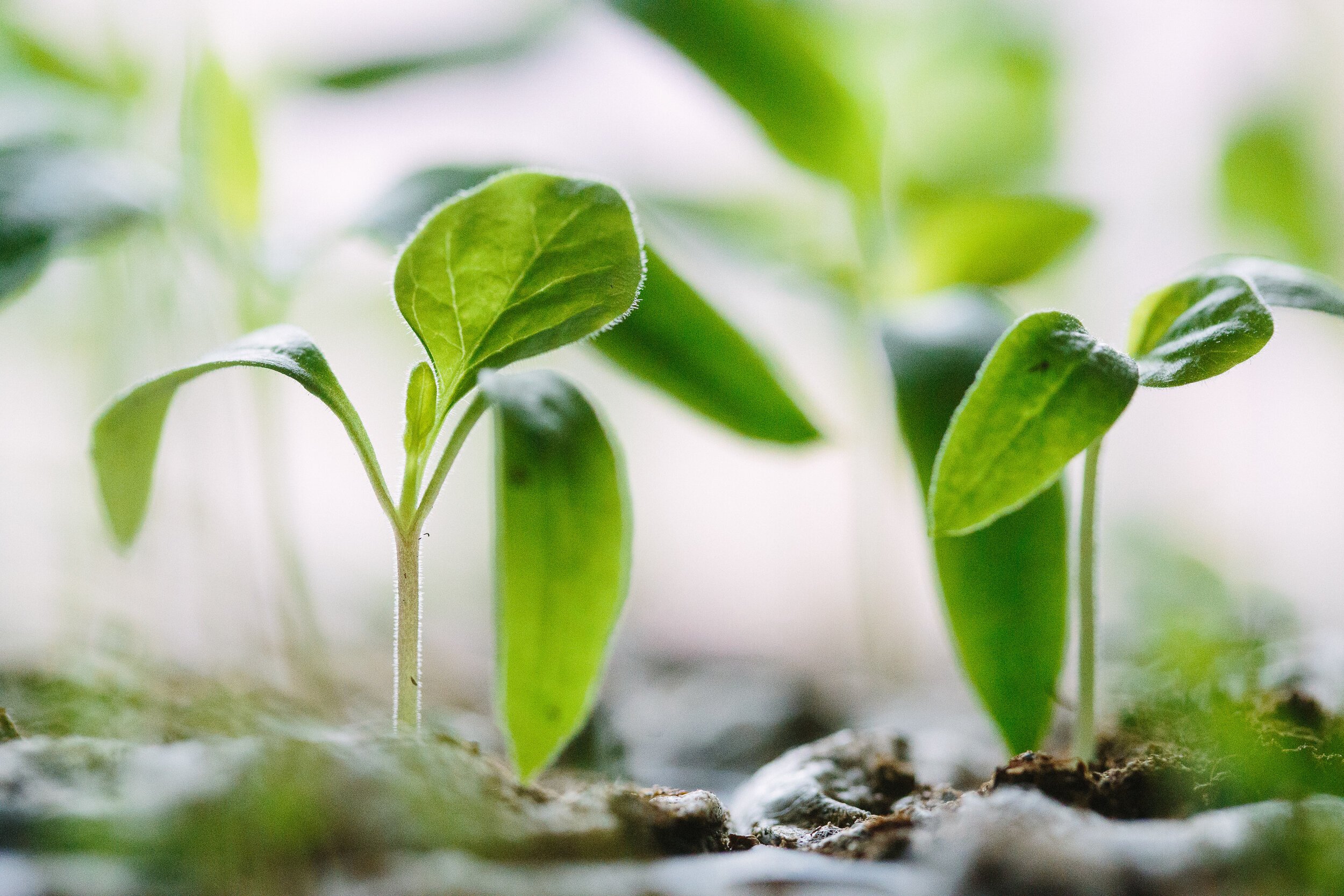The Threat of Climate Change (Internal Climate Change, That Is)
by Alfonsina Betancourt
For decades it has kidnapped headlines. Climate change has come to stay! Scientists have been puzzled by the shift in weather conditions due to global warming. It has made us more conscious of our environment: we now recycle and reuse, refrain from using plastic, donate to environmental organizations, applaud little girls begging the UN to do something to save Earth. Climate change is quite an equalizer: it affects us all regardless of our socio-economic conditions, religion or race. But what can global warning teach us about our internal world? How do we deal with the constant shift in temperatures of our character?
Growing up in Caracas, with its perpetual Spring-like temperatures all year round, was (at least in the topic of weather conditions) pretty simple. By looking for grey clouds or the singing of birds you would know if it was going to rain or not. Should you bring a sweater for the early morning or chilly nights? Do you want to wear boots or sandals (both appropriate at different times of the day)? You could crave a hot chocolate or ice cream, a cold beer or a port? Jackets and shorts could really been wore every month, which means there was no need to have different wardrobes. There was no need to look at the weather forecast. A look outside would tell you if you needed an umbrella or not, the only variable accessory.
Then I moved to New England when I was nineteen. By late September, as the leaves started changing colors, I was freezing and by freezing I mean shivering. We went to buy our first winter jackets by the beginning of October. Gigantic Artic-approved, down-filled coats that made us look three sizes bigger in Polar-Bear-like fashion. I started wearing mine immediately, to the expense of our American friends’ jokes.
I really disliked the cold weather. Once winter arrived it got even more confusing. Whenever I looked out the window and saw the sun shinning splendidly I automatically recalled my original programming and assumed the day was probably warmer. Invariably for months, every time I opened the door on a sunny winter day only to be hit by the frigid air I would get in a very bad mood. No need to mention that my first winter was brutal, experiencing the biggest snow storm I have ever seen - the day after Easter.
I really missed Caracas’s weather. How could someone voluntarily live in such a cold area? Not to spoil the end, but I have now lived In New England for twenty-four years and guess what? I love having four seasons. I even appreciate the long winter. What shifted? I would love to blame global warming and tell you that winters have gotten better. But as real as climate change is, the real shift came in my mindset.
There was a point where I got tired of fighting against something I had no control over like the weather. If I could not change it, why not accept it as it was? I would love to offer some kind of scientific explanation that my cell composition was altered because of my decision to stop fighting with outside temperatures, that maybe I developed a fat layer that protected me or any other improbable fact. The truth is the only variant that was altered was my attitude.
Can we replicate this lesson in other areas of our life?
We are social animals. We feed out of each other, we read news, we are bombarded with newsfeed that go from silly cats to subjective information, we can’t have chilled political conversations anymore, we are unable to listen to someone’s different views without getting upset, we are triggered by a slow driver and by a careless one as well, with the person that takes our parking spot or that professes a different religion; with the views on how to deal with a pandemic or how to vote. We are constantly, irremediably angry. The world, not in planetary terms but in a social context, is suffering global warming: it is on fire and the heat is consuming us. Our humanity is experiencing a great deal of climate change.
What can we do about it? How do we protect ourselves? How do we thrive in the midst of the crisis?
Here are a few lessons the weather has taught about how to remain sane regardless of what happens outside:
Mindset: As I said earlier, we can change our perspective. We can’t be eternal knights in crusades to make people look and think like us. That is out of our control. However, we are in full control of our mindset. The first step is to realize we are willing to stop fighting with the external world, stop the resistance. The world does not change because of it, but we do and that is more likely to be a catalyst for change if that is our objective.
2. Put on a jacket!: There are environments and relationships that are toxic. There is no way around it. If the house is on fire, we need to leave. But we can alleviate certain external circumstances when possible; put on an invisible jacket if it is too cold or loose a layer of closing if it is too warm. It can mean stop following someone on social media, ending a job, transforming a relationship or not seeing an acquaintance as often. The wisdom comes in understanding when something is toxic vs. annoying. And if that does not work and neither does the change of mindset then don’t be afraid to call it quits and leave.
3. Be a thermostat, not a thermometer: Don’t become anybody’s thermometer, not even your kids. Don’t let your temper change with their temperature. Become, however, a thermostat. When the outside world gets warmer or colder, adapt yourself so that your mood stays as even as possible. I know it is easier said than done, but it is possible. When we identify what is our temperature’s (metaphorically speaking) sweet spot, we made the alterations we need in order to protect it regardless of what happens outside. Is the environment outside blazing? Breathe deep or stop browsing Twitter. Does it feel like the whole world is arctic ice? Call a trusted friend, read an inspiring book, help someone, find a reason to smile. Let’s not allow the world to believe it is the center of our universe. WE are the center of our universe. Let’s act accordingly.
4. Accept that there are changes that take a whole generation to materialize: Just like in climate change, sometimes our little efforts to improve seem insignificant. Don’t underestimate the power of a seed. Maybe you won’t start a movement that will change the world, but you can be the pit that grows into a big tree and along many others become a forest. Let’s start with us, today, now. The impact might not come as a thunder but as the refreshing breeze that sweetens someone’s day, or inspire a cold soul to hear an opponent’s argument. The same way that climate change affect us all, humanity does as well.
There is no such thing as the perfect weather, I have learned. But if we could stop worrying about it, wouldn’t life be easier? We can make the best out of every situation. But that has nothing to do with what happens outside. If you let the world define your inner climate, you are set for chaos. Peace is found not in the perfect weather, but in the ability to adapt to whatever comes our way. The earth is changing, the news say, but last time I checked the sun still shines even when it is behind gray clouds. So let’s take our umbrellas and sing in the rain. Tomorrow the world will be different, and so we’ll be. Our internal climate, though, does not need to drastically change, unless it is for our hearts to melt at the sight of love. In that case, just accept it. Unlike the headlining global climate change, no solution has been found for that kind of problem and just like with it, there is no a point on fighting against something we had no control over…just like the weather.


